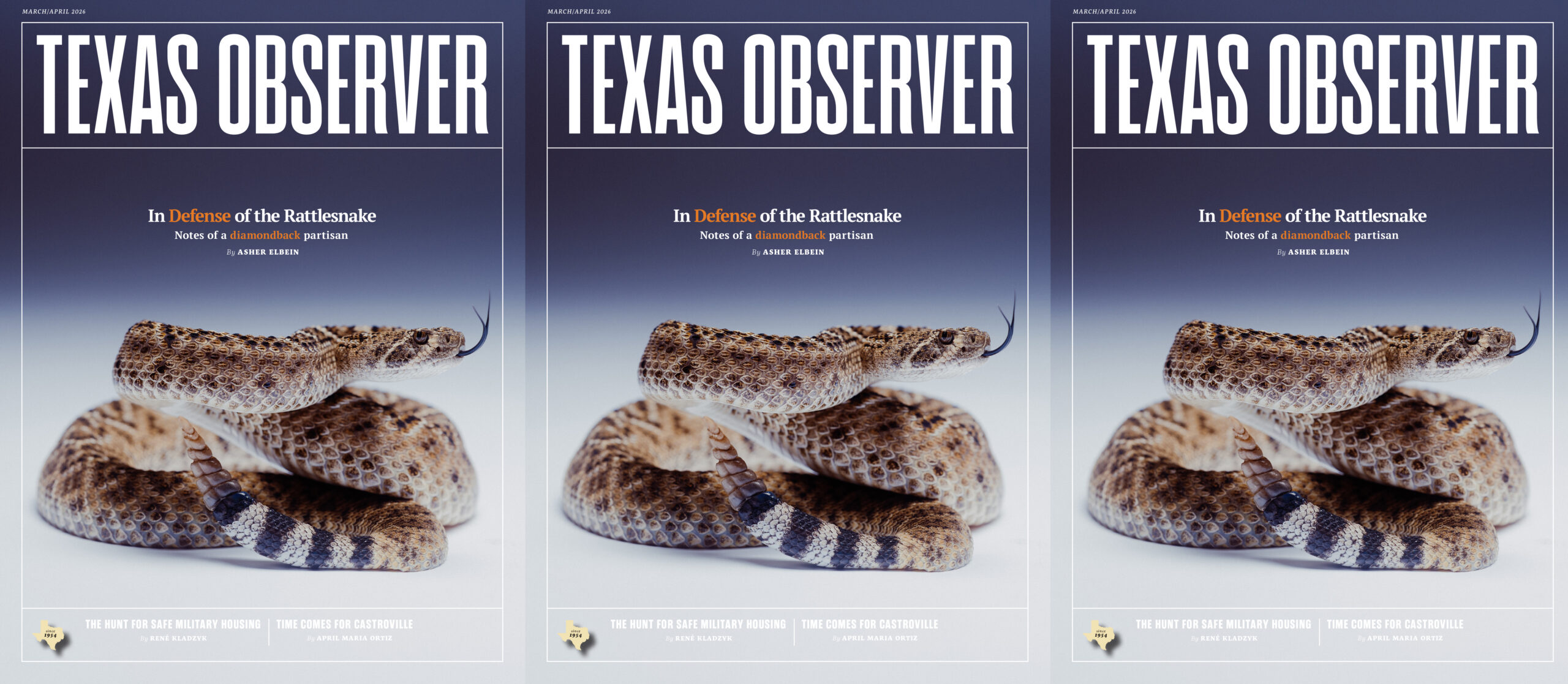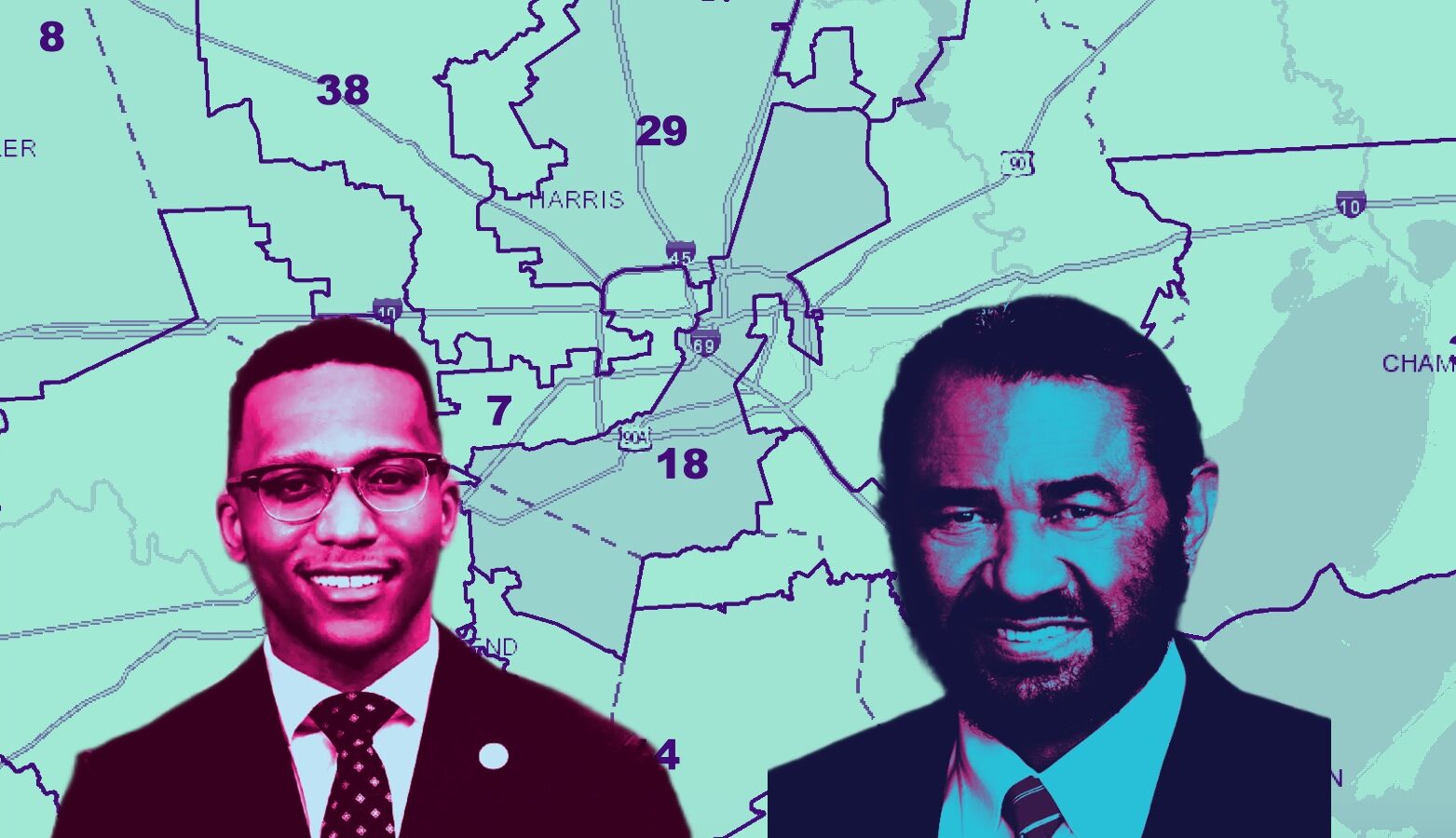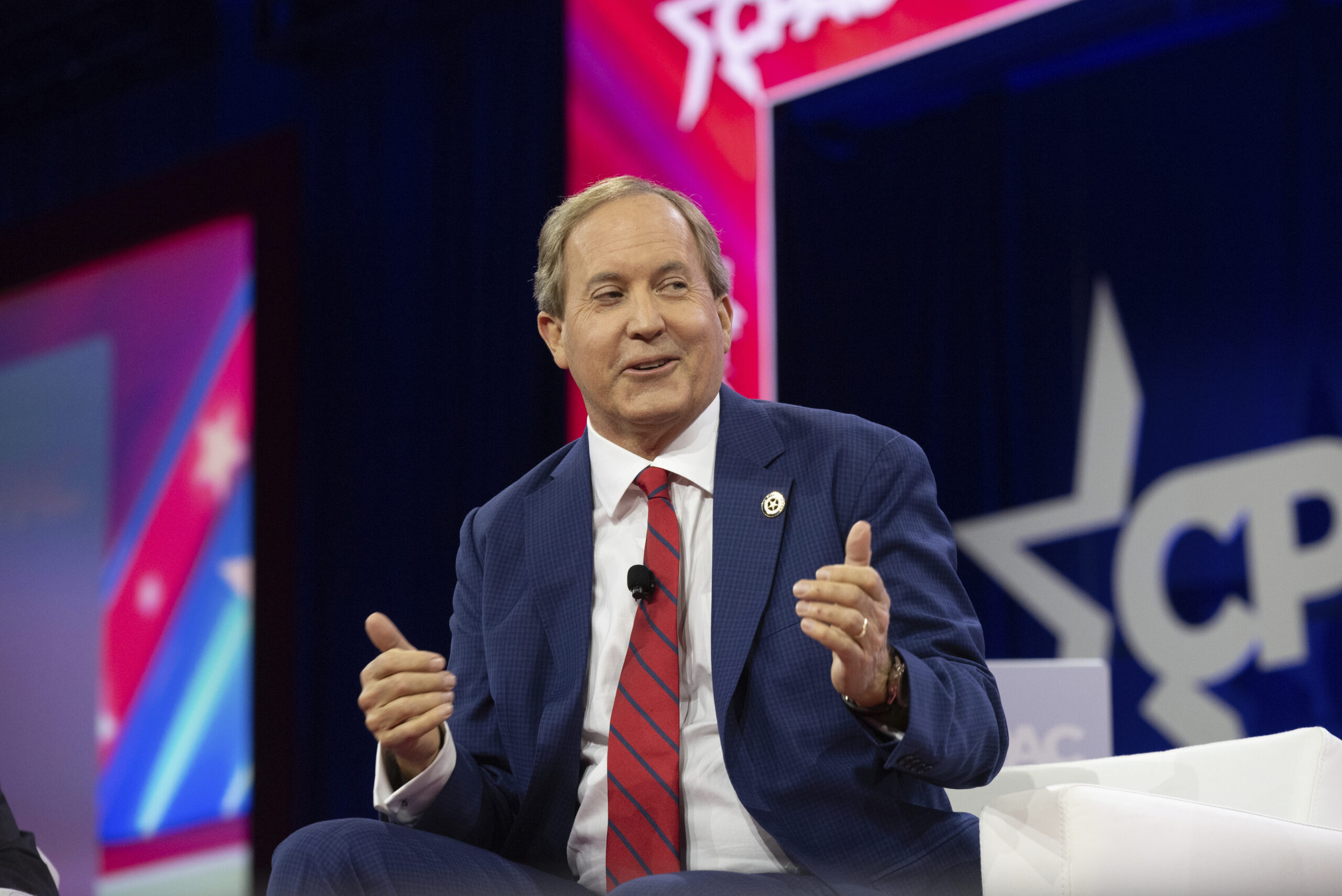A Stroke of Genius: SBOE Round 4
Social studies standards pass; Cynthia Dunbar's sleight-of-hand
Imagine, if you will, that you are a social conservative on the State Board of Education. You have been criticized by everyone from Fox News to The Colbert Report, not to mention the state’s editorial boards. The board has a partisan split with ten Republicans and five Democrats—but only seven are part of the social conservative bloc. People write you guys off because you’re deemed too “right wing” as you argue for history to be taught in a fashion similar to the way you were taught decades ago. You’ve been derided for being ignorant because you’ve argued that the nation’s Judeo-Christian origins are a vital to the understanding of constitutional republic.
Still with me?
Now imagine that you have been asked to give today’s invocation at the final meeting, in which you may very well approve the social studies standards that have been the basis for this particular set of taunts. If you’re Cynthia Dunbar, you do something absolutely brilliant.
Dunbar read this aloud at this morning’s invocation:
As we look to our past to guide us, let us reflect on the convictions of those who have gone before us.
I believe no one can read the history of our country without realizing that the Good Book and the spirit of the Savior have from the beginning been our guiding geniuses. Whether we look to the first Charter of Virginia or the Charter of New England or the Charter of Massachusetts Bay or the Fundamental Orders of Connecticut, the same objective is present—a Christian land governed by Christian principles. I believe the entire Bill of Rights came into being because of the knowledge our forefathers had of the Bible and their belief in it: freedom of belief, of expression, of assembly, of petition, the dignity of the individual, the sanctity of the home, equal justice under law, and the reservation of powers to the people I like to believe we are living today in the spirit of the Christian religion. I like also to believe that as long as we do so, no great harm can come to our country.
The crowd goes wild. Texas Freedom Network, a vocal SBOE critic, sends a damning press release and even the Observer’s own Steven Schaferman has some heated words. What kind of person would say such a thing at a public meeting?
Well, it turns out that the famous (and lefty) Supreme Court Justice Earl Warren would. Those are his words. Warren, for those of you who aren’t up on social studies, oversaw cases like Brown v. Board of Education, which ended segregation and Sherbert v. Verner which said if someone was fired because her job conflicted with her religion, the government must show a compelling interest before denying unemployment money. He wasn’t exactly a right-winger.
It was a stunning move. The rest isn’t quite as brilliant.
After three days of meetings, including one day full of public testimony, the social studies standards passed on 9-5, party-line votes for elementary, middle and high school. (Gail Lowe, the chair, did not vote). Today, the room was somewhat empty, with a lot of camera crews and folks from the education establishment (textbook lobbyists, teachers’ group reps etc). As was the case yesterday, the major fireworks did not come—Don McLeroy, a controversial social conservative who’d proposed some amendments sure to spark fights, for the most part seemed to stay out of the battle.
The most interesting debate came over the Enlightenment. Once again, it was Dunbar who mounted an offense after moderate Republican Bob Craig offered an amendment to reinstate Thomas Jefferson and his “Enlightenment ideals” in high school (while striking John Calvin). No one was against the Jefferson part—but the Enlightenment bit set off a fuse.
According to Dunbar, “the perversion that seems to happen with Enlightenment ideas” in the classroom means that the Enlightenment becomes equated with an anti-God, anti-religion type of rationalism. For Dunbar, that means neither Jefferson nor Locke would therefore be of the Enlightenment, since both held certain religious beliefs.
Who knew?
“I cannot support the deletion of John Calvin and I cannot support the adding of the language from the Enlightenment ideas,” she told the board. She got her wish—in the end Jefferson made it but cut were the Enlightenment ideas he did or did not profess. (Though I should note the Enlightenment is in the standards elsewhere.)
Karl Marx was also out—of the Economics class philosophers, that is.
As for the dreaded McLeroy amendments, they never came in quite the force you might’ve expected. Moderate Republican Bob Craig worked with him to craft language around McLeroy’s central point: that the founder’s never intended for a separation of church and state. Before the meeting, he proposed an amendment which asked students to “contrast the Founders’ intent relative to the wording of the First Amendment’s Establishment Clause and Free Exercise Clause, with the popular term ‘Separation of church and state.'” As they say, them’s fightin’ words.
But the final amendment, brought forth by Craig, wasn’t quite so exciting (though it was long-winded.) “Examine the reasons the Founding Fathers protected religious freedom in America and guaranteed free exercise by saying that Congress shall make no law respecting an establishment of religion or prohibiting the free exercise thereof, and compare and contrast this to the phrase ‘separation of church and state’.” Not as much to argue with there, I’m afraid.
But never fear! The tension remained thick and constant. The Democrats argued frequently that others on the board were editing the standards too quickly and too frequently—too many names, they said, and too little expert opinion. So you can imagine the joy the social conservative David Bradley took in pointing out the discrepancy when Democrat Mary Helen Berlanga asked that students learn the context behind creating groups like LULAC and the NAACP.
“I haven’t had any of the usual outrage about adding to the TEKS,” he said wryly. “The silence speaks volumes.”
The Dems had their chance for righteous indignation as well. When it came to the final vote, Berlanga got so swept up in emotion that she threw textbooks in the trash. “I feel i have let down the students in our state because we should have had a more perfect document,” she told her colleagues. (I might note, at this point, many of the social conservatives left the room.)
Democrat Mavis Knight said she was “ashamed” while Democrat Rick Agosto put it even more plainly: “This thing belongs in the trash. And that’s exactly where I’m gonna put it.”
Teachers, on the other hand, may not want to be quite so cavalier. It will be, after all, their guidelines for at least ten years.
Oh, and there’s one name that isn’t in them—Earl Warren.
Wanna know about the last few days? Check out Hot on the Trail Rounds 1-3. Or check out our livetweets from the last few days.


